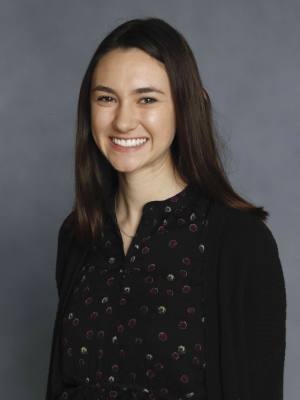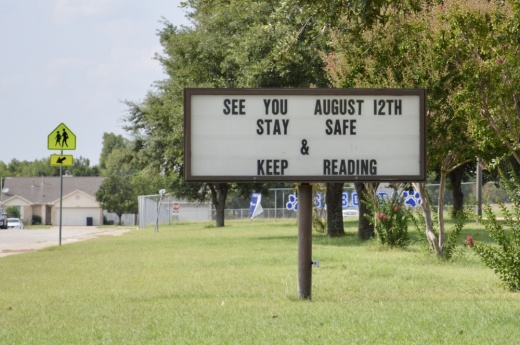A district team is focusing on helping students recover from unwanted learning effects of the pandemic, specifically the idea of social-emotional learning, said Jennifer Collins, the assistant superintendent for curriculum at Leander ISD. This could include helping students adjust to new classroom culture, large groups and building relationships.
“We know that with bringing kids back into the building, academics is probably the first thing people think about,” Collins said. “But it’s not going to be the first thing our kids are thinking about.”
While the school year will start with teaching, learning and assessing skills, Collins said there will be a focus on the social-emotional needs of students like the transition to a new campus for students who did not learn on campus for the last year and a half.
“It’s not just our incoming kindergarten, sixth and ninth graders that we are having to focus on,” Collins said. “It’s really much larger numbers of students.”
The district hired additional staff members for this school year who will track students over several years. Teachers will build relationships and build personalized graduation or learning for individual students.
“Really it’s about having this advocate in your corner,” Collins said.
Two “tracking teachers” will be at every high school and one at every middle school. The district also requested additional counselors at elementary campuses to provide ample social-emotional support to students. These are funded through the federal Elementary and Secondary School Emergency Relief fund.
Across Leander ISD and many other Texas school districts, scores on the State of Texas Assessments of Academic Readiness, or STAAR, tests declined from the most recent 2018-19 scores. Collins said comparing 2020-21 scores to 2018-19 scores is “really tricky,” and the district evaluated participation data to understand the scores.
Typically 98%-99% of students take the exam, but STAAR tests were not required for virtual students in 2020-21.
Less than half of LISD virtual students took the exam, according to the district. Collins said the district is using the 2021 data to look at how individual students performed rather than an entire grade level, campus or the district as a whole. STAAR scores also do not give an accurate picture of how virtual students performed compared to in-person learners.
“We just don’t have enough participation to give us that kind of information,” Collins said.
STAAR scores are one measure in every student’s portfolio of data, Collins said, Report cards, grades and PSAT scores help evaluate students, too.
Starting this year, the district will begin testing students with universal screener exams to better understand each students’ growth. The district-implemented exams will test reading and math three times per year. Collins said administrators have discussed these exams for several years, and the timing is right to measure students at the start of the 2021-22 year and track their growth following the pandemic.
The district plans to keep the screening tool in its system throughout a student's time in the district so parents can track growth over their time in Leander ISD. Collins said parents should reach out to their student's teachers or counselors to make them aware of any struggles they see.
“We want to support our parents because it’s going to be a transition for them too,” she said. “Many of our parents were teachers of their own kids for the last 18 months, and so how we set our teachers up for success and set our students up for success is having this relationship with the parents moving forward.”
This article is part of the Community Impact Newspaper Cedar Park-Leander edition's 2021 Public Education Edition.





